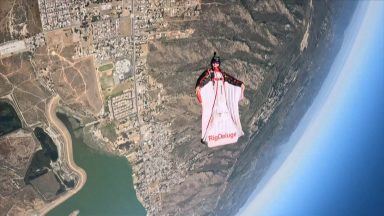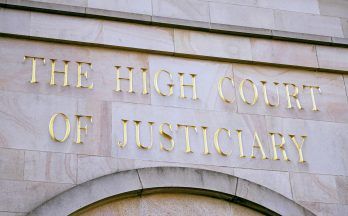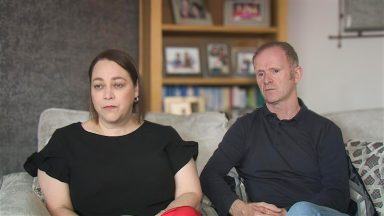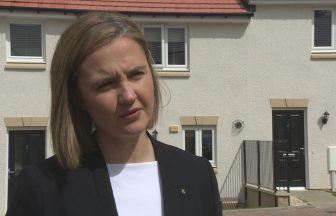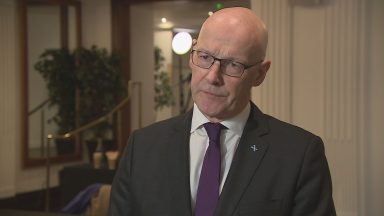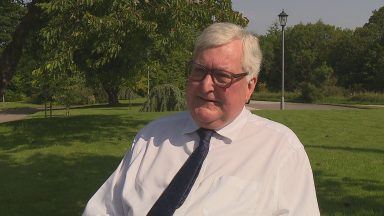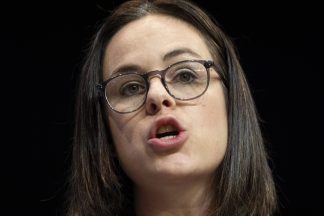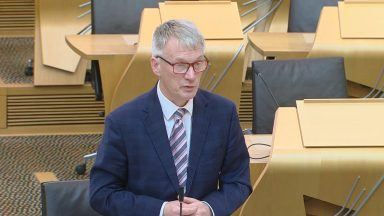The Scottish Government is being urged to “at least pause” any plans to increase income taxes for higher earners north of the border in next month’s Budget, as a new paper warned changes already imposed may have “slightly reduced” revenues for Holyrood.
While the Institute for Fiscal Studies (IFS) stressed there is a “significant degree of uncertainty about the scale of effects”, it said two studies by HMRC suggest “previous increases in Scotland’s top rate of income tax will have slightly reduced revenues rather than slightly increased them”.
The HMRC studies cited by the think tank looked at changes to income tax in Scotland introduced in 2018-19 – the first year new tax rates and bands were brought in by SNP ministers.
Publishing a paper on the issue in the run up to the 2025-26 Holyrood Budget – to be unveiled by Finance Secretary Shona Robison in December – the IFS said the Scottish Government should be “open to reversing course” if new evidence suggests tax changes have a “bigger-than-expected” impact on behaviour.
The think tank insisted: “A strategy should always be open to revision, not set in stone.”
David Phillips, associate director at the IFS and head of devolved and local government finance for the think tank, said research from Scotland, the wider UK and other countries looked at how differences in tax – as there are between Scotland and the rest of the UK – could affect taxpayers’ behaviour.
Mr Phillips noted someone earning £125,000 a year now pays “around £5,200 more in income tax in Scotland than an otherwise-equivalent high earner living south of the border”, and the IFS paper set out how differences in tax rates could lead to workers cutting overtime or increasing pension payments in a bid to reduce tax, and could also impact on decisions over where people live and work.
Mr Phillips said: “Research from Scotland, the wider UK and other countries points to such differences affecting taxpayers’ behaviour – how much they earn, migrate, and avoid or evade taxes.
“These responses are most significant for the highest income individuals who, while few in number, contribute a large share of overall tax revenue.
“As a result, increases in the top rate of tax are unlikely to raise much – with evidence from the first of Scotland’s reforms in 2018–19 suggesting they may even reduce revenue.”
Mr Phillips stressed there is “still considerable uncertainty about this”, adding: “The bigger changes to income tax seen over the last two years – which have yet to be analysed – will provide a useful opportunity to learn more about taxpayers’ behaviour.
“In the meantime, the evidence currently available suggests that if the aim is to raise revenue, the Scottish Government should at least pause any plans for further increases in Scotland’s tax rates on higher incomes.”
Under the current tax regimes, people in Scotland earning £26,562 a year or more pay more income tax than those in the rest of the UK.
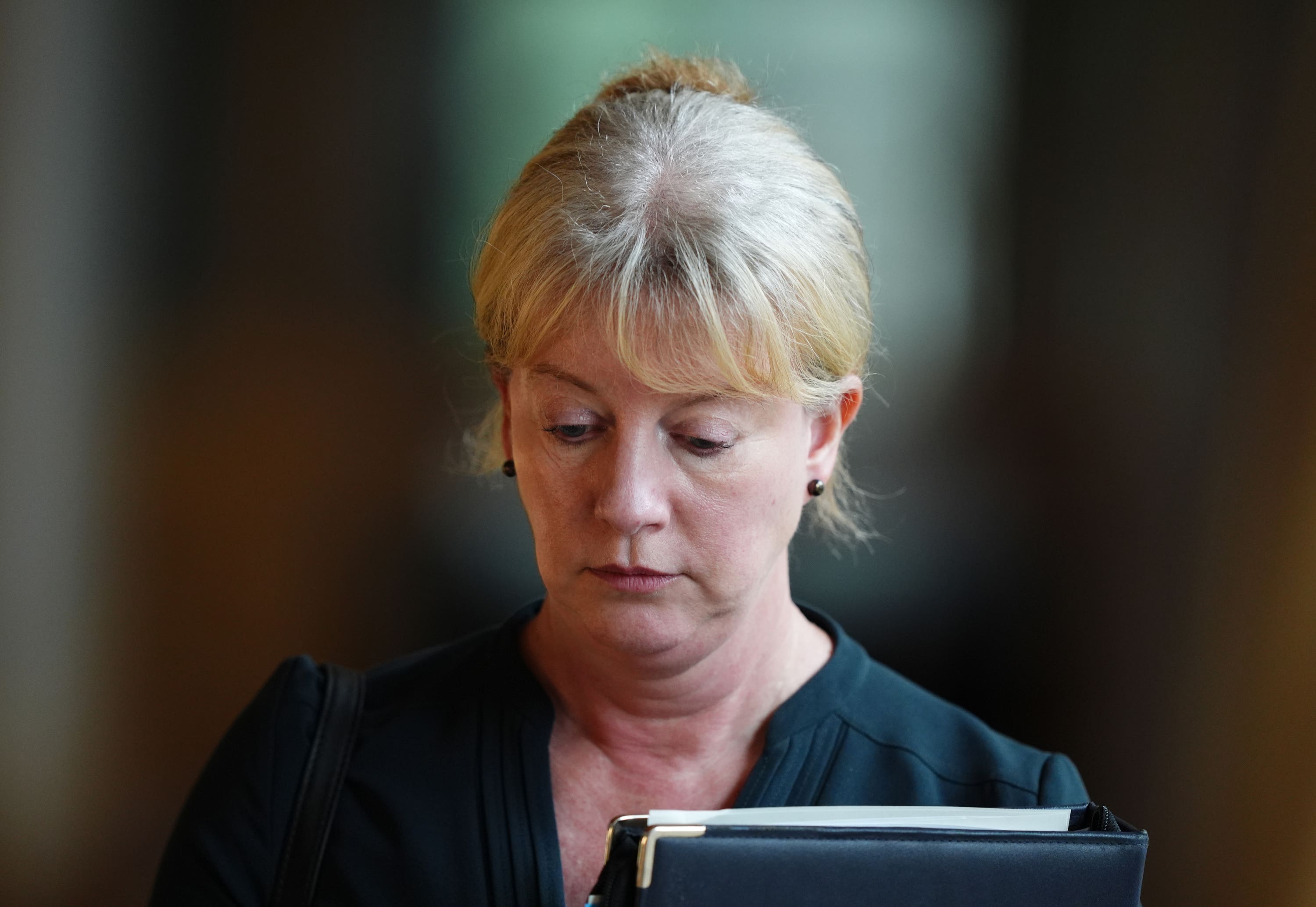 PA Media
PA MediaWhile someone with an annual income of £25,000 pays £23 a year less in Scotland than elsewhere in the UK, someone with an annual salary of £50,000 pays £1,540 a year more in Scotland, with this rising to £3,346 more for those earning £100,000 a year or higher.
Noting that evidence on the more recent Scottish income tax policy decisions is “sparse”, the IFS said “as well as being subject to wide margins of error”, the studies cited in its paper only relate to the “first, modest changes in income tax in Scotland”.
The think tank added that “responses to the bigger differences in policy that have since developed may differ”.
Scottish Labour finance spokesman Michael Marra said the “damning analysis” by the IFS “lays bare how financially and economically illiterate this SNP Government is”.
He added: “For too long the SNP has tried to use income tax hikes as a sticking plaster to cover for low growth and Government waste, but it’s just not working.
“Working people cannot keep picking up the bill for the SNP’s failure – the Government must not repeat its mistakes in this year’s Budget.”
Scottish Conservative finance spokesman Craig Hoy meanwhile insisted: “This stark warning from the IFS must be taken on board by the high-tax SNP government.
“John Swinney and other left-wing SNP politicians believe that continuing to clobber Scots with more and more taxes is the only answer to growing our economy.
“Yet under the SNP, Scots are paying more in tax every year only for services to get worse.”
The Tory added that if ministers “continue with the high-tax agenda of the left-wing consensus at Holyrood, then it is hardworking people and businesses who will pay a heavy price”.
Finance Secretary Shona Robison said: “Our tax policies are grounded in evidence and carefully balance the need to raise revenue with the impacts on taxpayers and the economy.
“The Scottish Fiscal Commission has estimated that our income tax policy choices since devolution will raise an additional £1.5 billion in 2024-25, compared to if we had matched UK Government policy.
“Our tax base continues to grow strongly, with data showing that Scotland experienced faster earnings and tax-per-head growth than the rest of the UK in both 2022-23 and 2023-24.”
Follow STV News on WhatsApp
Scan the QR code on your mobile device for all the latest news from around the country


 PA Media
PA Media